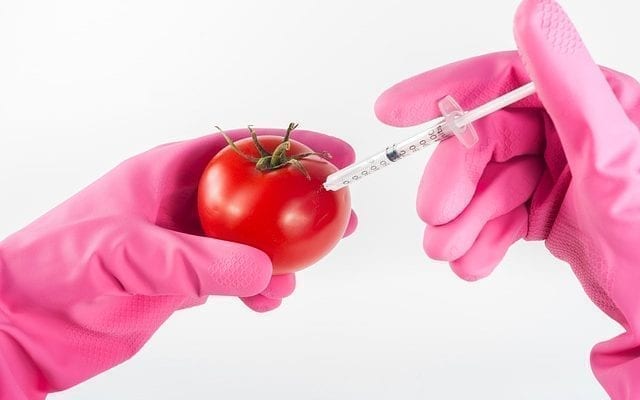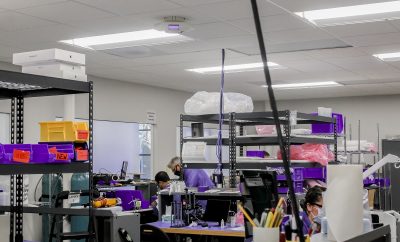
Lifestyle
The Pros & Cons of GMOs
Genetically modified organisms (GMOs) are something you have probably heard of in the past. GMOs are foods that have become superior in various way when compared to organically grown foods due to the use of genetic engineering. GMOs involve the altering of an organism’s genetic code. While organisms refer to all living things, genetic modification is popular in farming for a number of reasons. Every year in the United States, there are thousands of corn, soybean, cotton, and similar crops planted. In fact, GMOs account for 90 percent of the most common crops grown by American farmers. However, there is extensive controversy surrounding the benefits, and safety of GMOs. So, let’s break down the pros and cons of GMOs.
Pros
GMOs allow for farmers to exponentially increase the food yields that can be produced on already existing farmlands. As the population of the world continues to increase, we are faced with the problem of providing enough food to sustain the planet. By the year 2050, it is projected that the world population will exceed 10 billion, and the amount of food required to feed a population of this size will not be sustainable by using traditional organically grown crops. By utilizing GMOs, we will be able to meet this requirement, and continue to support the world’s population.
Another positive aspect of altering an organism’s genetic code is that produce can be engineered to have a longer shelf life, eliminating the amount of overall food waste. Genetic engineering allows food to be more tolerant to severe weather, grow in lower quality soil, and can even be used to improve nutrient content, including higher levels of vitamins and minerals.
A big concern with traditional crops is the fact that it is necessary to spray them with herbicide to protect them from pests. However, with GMOs, a lower amount of herbicide can be used to protect them. A study by PG Economics showed that over the past decade, there has been a 6.1 percent decrease in the use of herbicide on GMOs. This results in a lower concentration of harmful chemicals in our food, and eliminates lost crops due to pests and disease.
Cons
Since GMOs are often engineered to be incorporated with antibiotic resistant genes, this could potentially contribute to the growing resistance to antibiotics. While there are no hard studies that can corroborate this, there is still heavy speculation and continued research into this claim.
GMOs have been found to be contributing to an increase in food allergies, according to research by the Centers for Disease Control. In the last decade, food allergies have increased from 3.4 percent to 5.1 percent, which coincides with the time that GMOs have become more increasingly used in our general food supply.
One of the most concerning aspect of GMOs is the fact that only six companies control the entire GMO seed market, in addition to 70 percent of the global pesticide market. These companies are Monsanto, Syngenta, Dow Agrosciences, Bayer, BASF, and DuPont. The entire GMO seed industry has a reputation for shady businesses practices, with some reports of patented seeds showing up in farms where they haven’t purchased the rights to plant these crops. There are also allegations of these companies using these farmers, despite the farmers having no control over it. Additionally, these companies do not allow over 50 percent of independent research organizations access to studying their genetically modified seeds. The organizations that are allowed to research them have to sign a strict user agreement, essentially allowing these companies to control what studies are released to the public.





0 comments